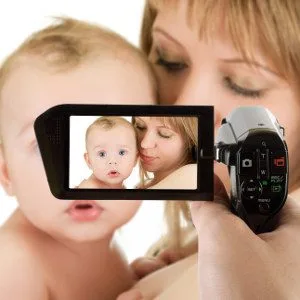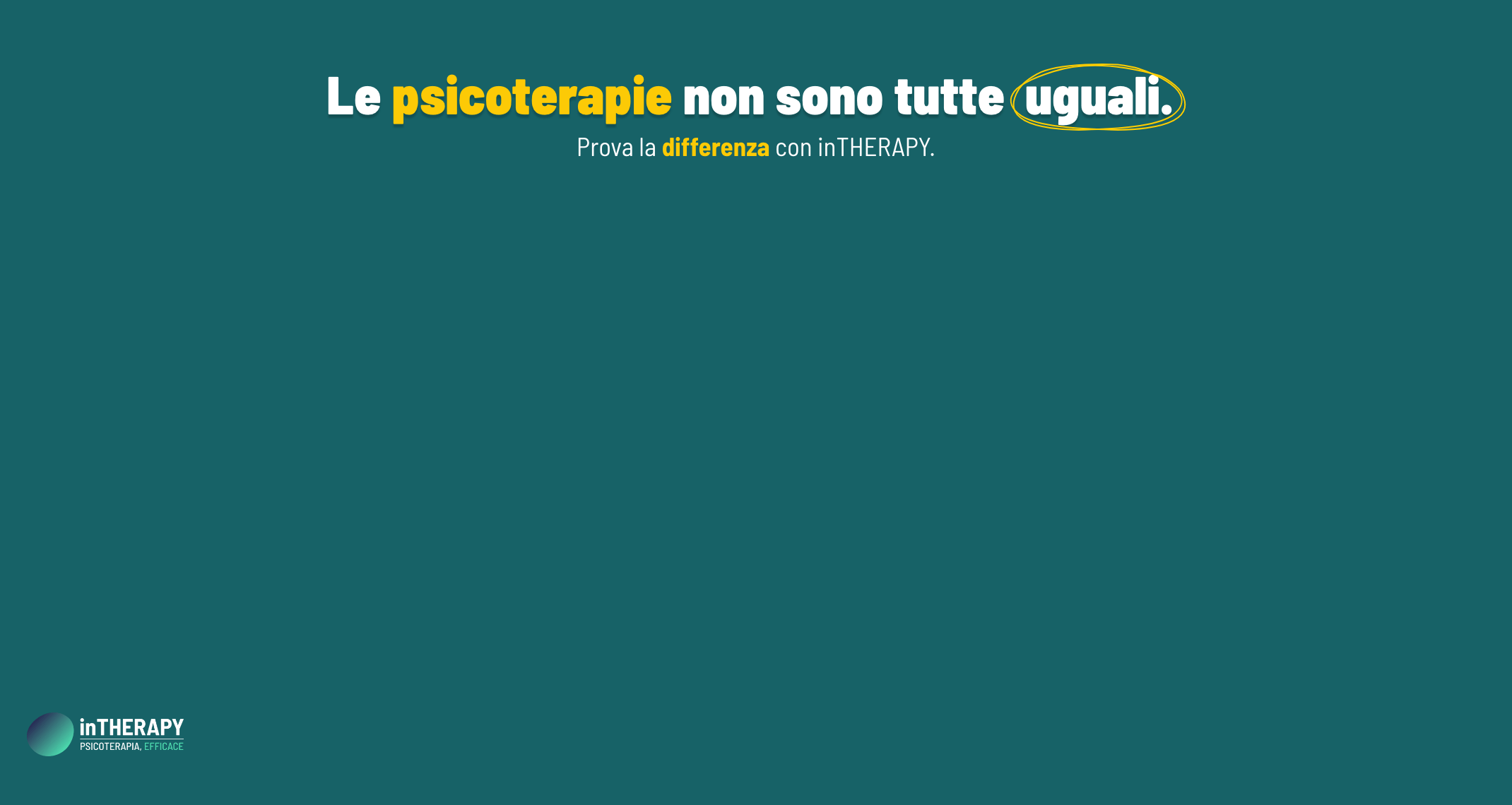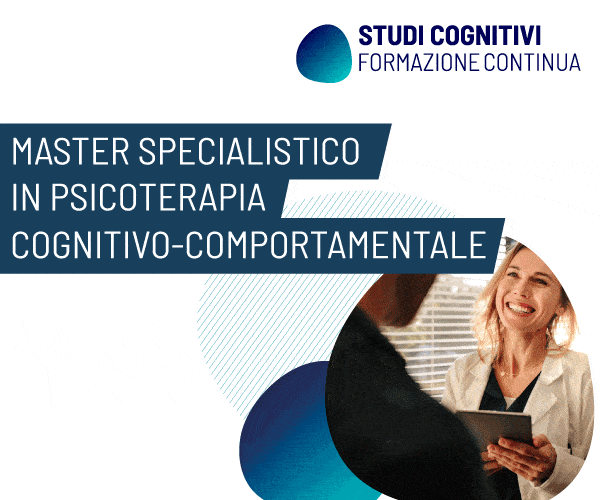Maternal eating disorders, mother-child interaction and video feedback therapy.

Eating disorders are associated with disturbances in mother-infant interactions. Thus, mothers with eating disorders do not detect and or respond to infant signals during mealtimes. They also have difficulty accepting their children’s age appropriate needs for autonomy through self-feeding.
Stein et al. (2006) examined the effect of video feedback on the quality of interactions and maternal autonomy promotion in dyads in which mothers had an eating disorder. Mothers and their children were videotaped during a meal-time interaction when the child was between four to six months and again at 13 months of age. A group of 40 mothers was provided with 13 one-hour sessions of video feedback therapy and a second group of 40 mothers was provided with supportive counseling. The aim of the video feedback therapy was to enhance mother-child interactions by facilitating maternal recognition, awareness and responsiveness to their infants’ cues.
The results demonstrated that, following treatment, mothers who received video feedback exhibited significantly less conflict during interactions than those who received only counseling. Additionally, compared to the control group, the video feedback group showed an estimated 73% reduction in the occurrence of a marked or severe conflict episode during meal times. Further, the children in the video feedback group were granted significantly higher levels of autonomy, maternal facilitation and appropriate non-verbal responses and fewer inappropriate verbal responses to their infants.
In addition to increasing mothers’ sensitivity to their infants’ gestures during meal-time, the results of the study by Stein et al. (2006) demonstrate that video feedback can reduce conflict in mother-child interaction and raise levels of maternal autonomy-promotion, facilitation and appropriate non-verbal responses. After receiving video feedback, mothers made fewer inappropriate verbal responses to their infants.
In the next installment of this sub-series I will be discussing the effect of video feedback therapy on mother-child narratives.
BIBLIOGRAPHY:
- Stein, A., Woolley, H., Senior, R., Hertzmann, L., Lovel, M., Lee, J., Cooper, S., Wheatcroft, R., Challacombe, F., Patel, P., Nicol-Harper, R., Menzes, P., Schmidt, A., Juszczak, E., & Fairburn, C. G. (2006). Treating disturbances in the relationship between mothers with bulimic eating disorders and their infants: A randomized controlled trial of video feedback, American Journal of Psychiatry, 163, 899 – 906.
Found a problem with this site? Send us your Feedback!






